Zagorath
Formerly /u/Zagorath on the alien site.
- 28 Posts
- 95 Comments
 11·3 days ago
11·3 days agobcs they were too stupid to use plumbing
IIRC it was because she was talking about what they did before there was plumbing? So it’s because they were too stupid to use a garderobe. But the bigger question is why the fuck she thought it was an appropriate thing to mention at all? It’s fucking Harry Potter. You’d expect that sort of thing from a story with a grimdark tone like George Martin’s world. Nobody wanted that from her.
That last sentence is particularly appropriate here too. Nobody wants to hear her shitty views. Except, apparently, the Labour party. It’d be one thing if they agreed to meet with her, but actively saying they’re seeking her out? Wtf Starmer.
 2·14 days ago
2·14 days agoSo would that mean that technically the Cold Spot haunt would impose the Clumsy condition until the players take some specific action to end it? It doesn’t list any duration or a condition to end it as far as I can see.
What are the methods you can take to end a condition?
Uhh, not to my knowledge. That particular community might be gone, but the instance still exists as far as I know.
Also while we’re at it, !ttrpgs@lemmy.blahaj.zone doesn’t appear to be a real community, and @rpg@kbin.social might not be either (hard to tell, because that server has serious difficulties and seems to be down currently).
Just letting you know, as a Mastodon user in another community I follow found out recently, you can’t actually share to multiple Lemmy communities from a single Toot. It just takes the first real community you mentioned and shares it there.
Yeah I get it. In this case it’s being STed by the product lead. It’s like if you saw a D&D 5e game DMed by Jeremy Crawford, except that Jason Carl also has a level of charisma closer to Matt Mercer than the painfully dull Crawford. So because you’re going to the official designer, I suspect you’ll get something much closer to the official rules than a typical actual play.
That said, the reason I brought it up was actually to point to one specific thing that he does which I know is a house rule, because I’ve seen him say as much in interviews, and it suggest that this is a good house rule. I don’t remember what exactly the boundary is between the official rules and Carl’s interpretation; it’s been a while since I watched that interview (and couldn’t easily track it down when I looked yesterday), and even longer since I read the actual rulebook or watched the actual play. If you were to watch just a few episodes of the show with an eye specifically to how Jason Carl runs the Beast (and treat the rest of it as though it were entirely scripted content and ignore the actual gameplay), you’d come away with something useful and easily actionable in your own games.
As far as splatbooks, I’m not sure, but I don’t think so. LA By Night was essentially a launch title for V5 itself, commencing in November 2018 after an August release of the Core Rulebook. Camarilla and Anarch sourcebooks had also been published earlier that same month, but as far as I can tell (I own neither) the only actual mechanics in both are two and one clans respectively, and those clans were not used by the core cast.
I have a hard time remembering what about the Beast is from the original rules and what is Jason Carl’s personal interpretation, in L.A. By Night. He highly personifies the Beast to provide players something definitive to roleplay against that might otherwise have just been an entirely internal struggle.
If you haven’t already, I’d recommend watching LA By Night. It’s basically the “Critical Role” of VtM, replete with actors playing the characters and extremely high production value. But most importantly, Carl is an excellent storyteller, and I think this one particular tip is the easiest concrete thing to take and apply at your own game.

 71·1 month ago
71·1 month ago(A⇒B)⇏(B⇒A)
So, my context here is that I’ve never played any WoD or CoD games. But a couple of years back I was almost part of a group that was going to play a V5 campaign before it fell through. (I forget the timeline…might even have been December 2019 or thereabouts…) So I bought and have read through the V5 Core Rulebook. I obviously don’t have earlier editions to compare it to, but I thought the system itself seemed really elegant. The kind of beautifully simple game design that first attracted me to D&D 5th edition. (Unfortunately having not played V5, I couldn’t say whether I would eventually get tired of that simplicity in the same way I got tired of D&D 5e.)
From what I understand, they seem to have changed the metanarrative quite a lot from previous editions. Seemingly for the worse, according to a lot of people who really liked the old lore. Which might mean it’s for the better (relative to old WoD) if you preferred CoD?
But then for some reason, another company went back and restarted publishing the old lines
I think it was the same company. White Wolf published World of Darkness games using its Storyteller system from 1991 until 2004. They then made the move to Chronicles of Darkness (a retroactive title the only came about in 2015, until then they were also called World of Darkness officially, known to fans as “new World of Darkness”) in 2004. CoD changed some of the lore around and drastically cut back on how detailed and complex the metanarrative was.
CoD used their new “Storytelling” system, and did not perform very well commercially. Probably some fans didn’t like it much, but mainly they decided to stop selling in stores so there was no discoverability. During the CoD era, White Wolf still published some WoD material, such as the 20th anniversary editions.
The most important detail here though comes in 2015–2018. Up until this point White Wolf has been bought and sold a couple of times, most recently by CCP. In 2015 they are bought by Paradox Interactive. In 2018 they release VtM 5th edition. In response to allegations of some very problematic material in V5, Paradox dissolves White Wolf and brings WoD production into Paradox Interactive.
I think that only Vampire, Hunter, and Werewolf are currently supported in the latest edition of Storyteller, but I may have missed something.
It’s true that Onyx Path as a separate licensee has published books for White Wolf/CCP/Paradox. But they’ve done 20th Anniversary, CoD, and V5 stuff. The actual decision to go back to WoD was White Wolf/Paradox’s.

 2·1 month ago
2·1 month agoWell, that’s not exactly surprising…

 3·1 month ago
3·1 month agoYes to circumference, but no to damage. Ripping is a possibility the book discusses, but this formula is for quite the opposite.

 4·1 month ago
4·1 month agoOh don’t worry. There are a lot of tables in this system.

 3·1 month ago
3·1 month agoPart of me agrees, but another part of me says…there are far too many rules in this about sex…including illicit forms thereof…for me to want to play this with anyone I know IRL.
And also no part of me wants to spend the multiple hours this would probably take to roll up a character. I Googled looking for digital character generators, and they supposedly used to exist, but the official FATAL website no longer exists.

 6·1 month ago
6·1 month agoI dunno about “higher level” maths, but there is one bit where you’re asked to solve a simple year 8–level algebra equation (which is still a much higher level than any other RPG I’ve ever played asks you to do). It’s also in one of the more explicitly NSFW parts of the system.
Specifically, you have to solve for y: (BT – 80)2 = –4y + 120, where BT is a number arrived at in an earlier step, using (CM / CV/A ) × 100. I will not be defining what CM and CV/A are in this forum in order to keep the comments SFW.

 21·2 months ago
21·2 months agoDebugging spells isn’t like the fancy debuggers in your modern IDE. You gotta compile the spell with debugging symbols and run it through the spell equivalent of gdb direct in the command line.
But most wizards just go with the ol’ “add print statements everywhere” method of debugging.

 8·2 months ago
8·2 months agoRiderless horseracing maybe, but surely never horseless horseracing.
😜

 9·2 months ago
9·2 months agoOh man, that’s what I get for replying from my inbox and not checking the latest in the thread.
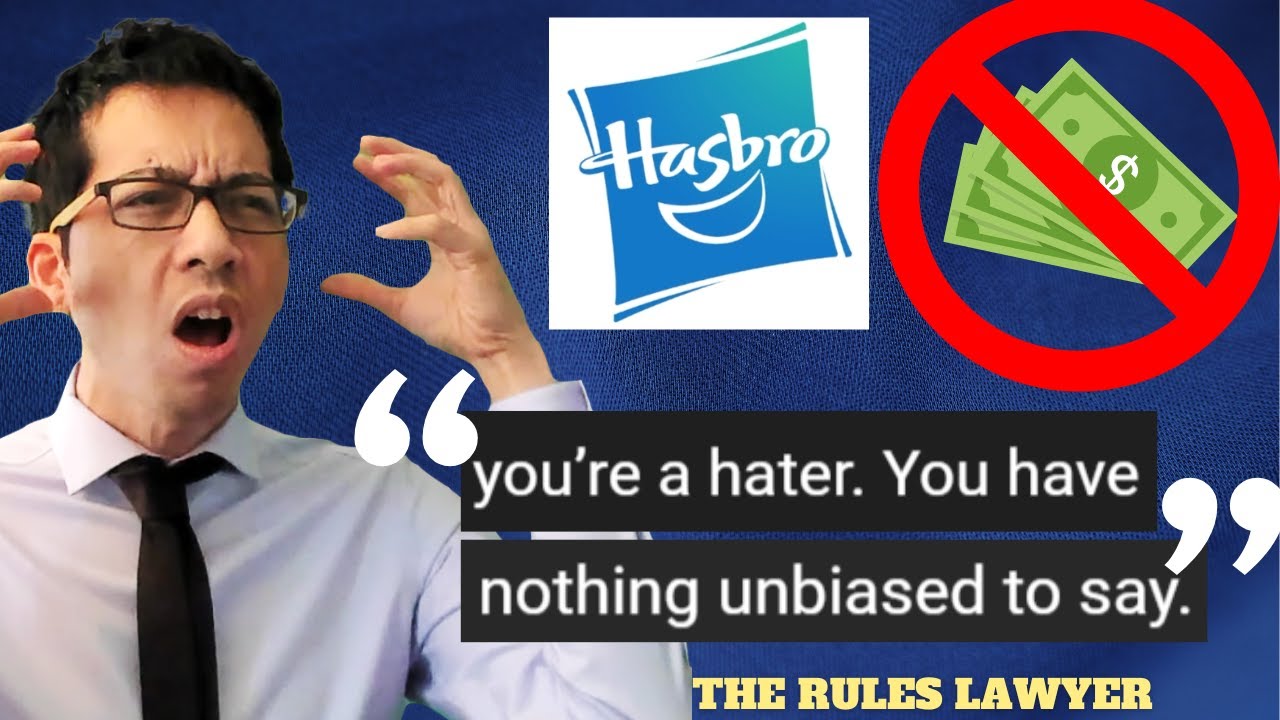
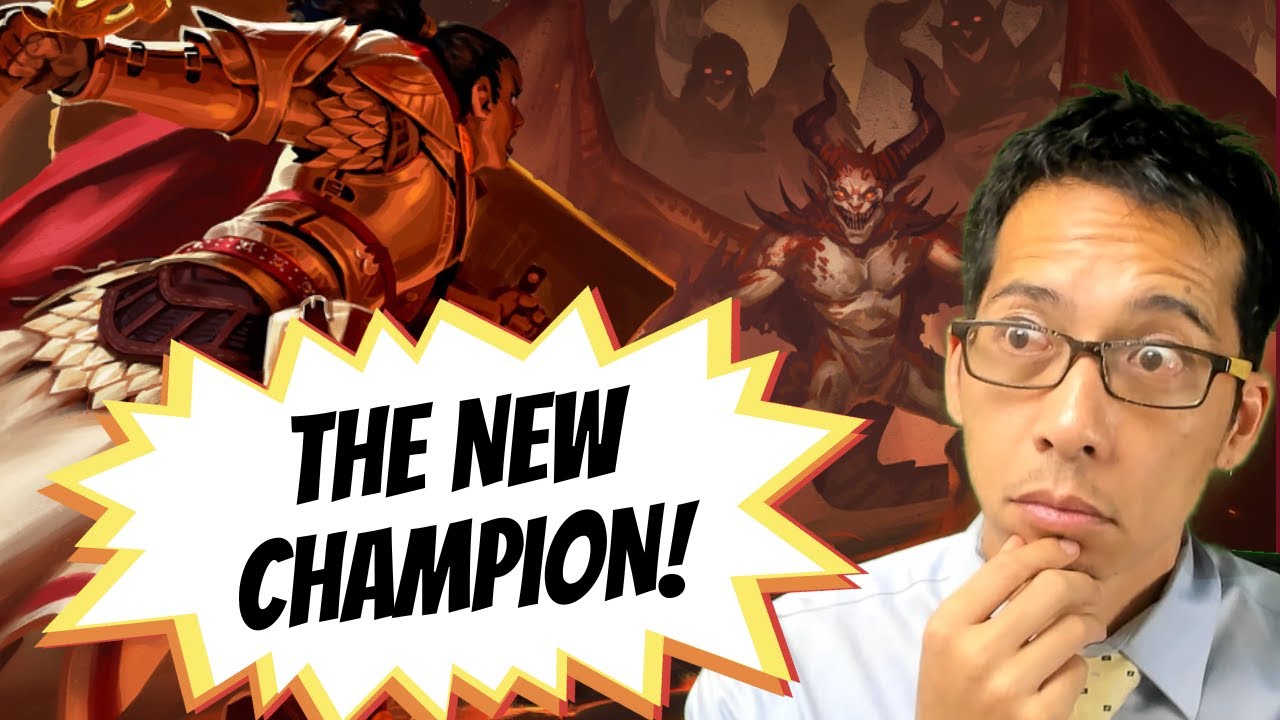
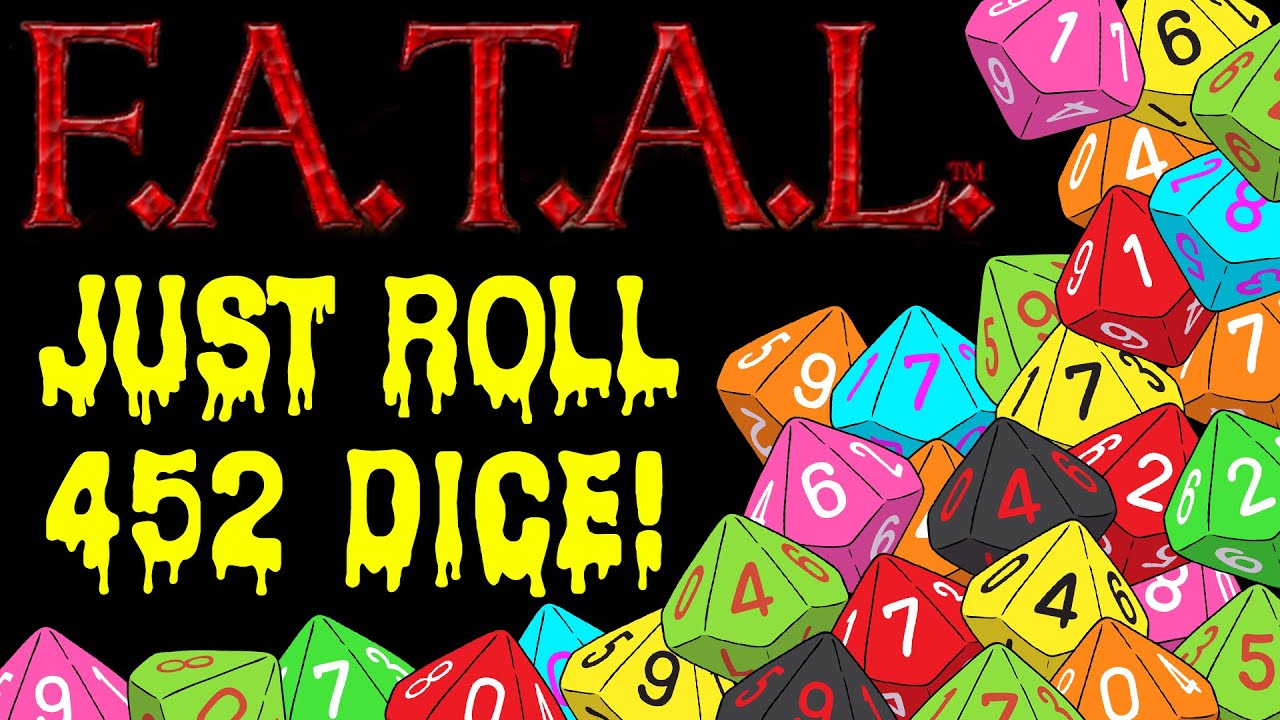
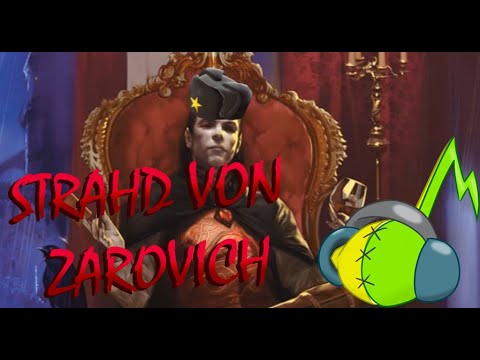
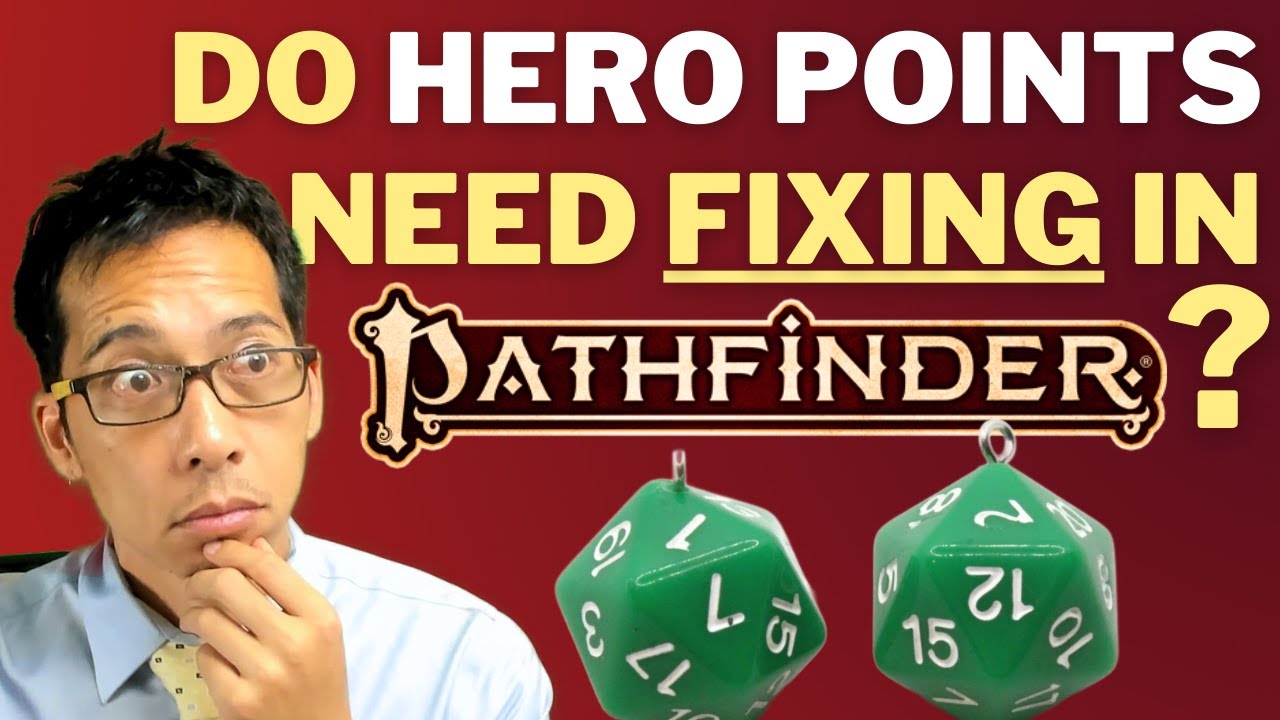
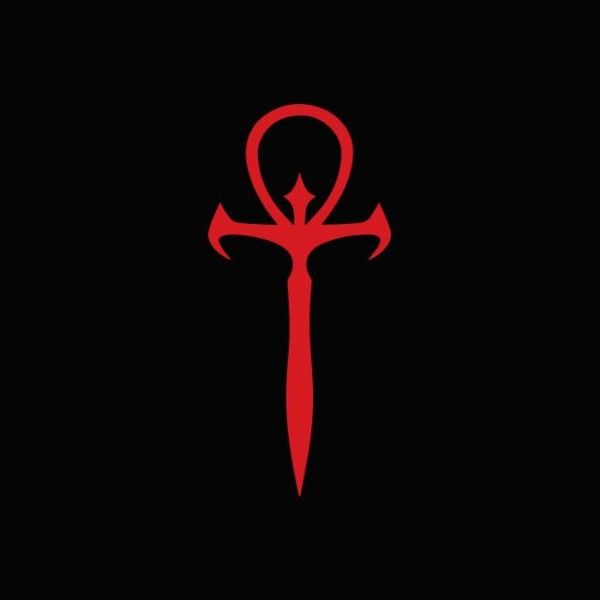
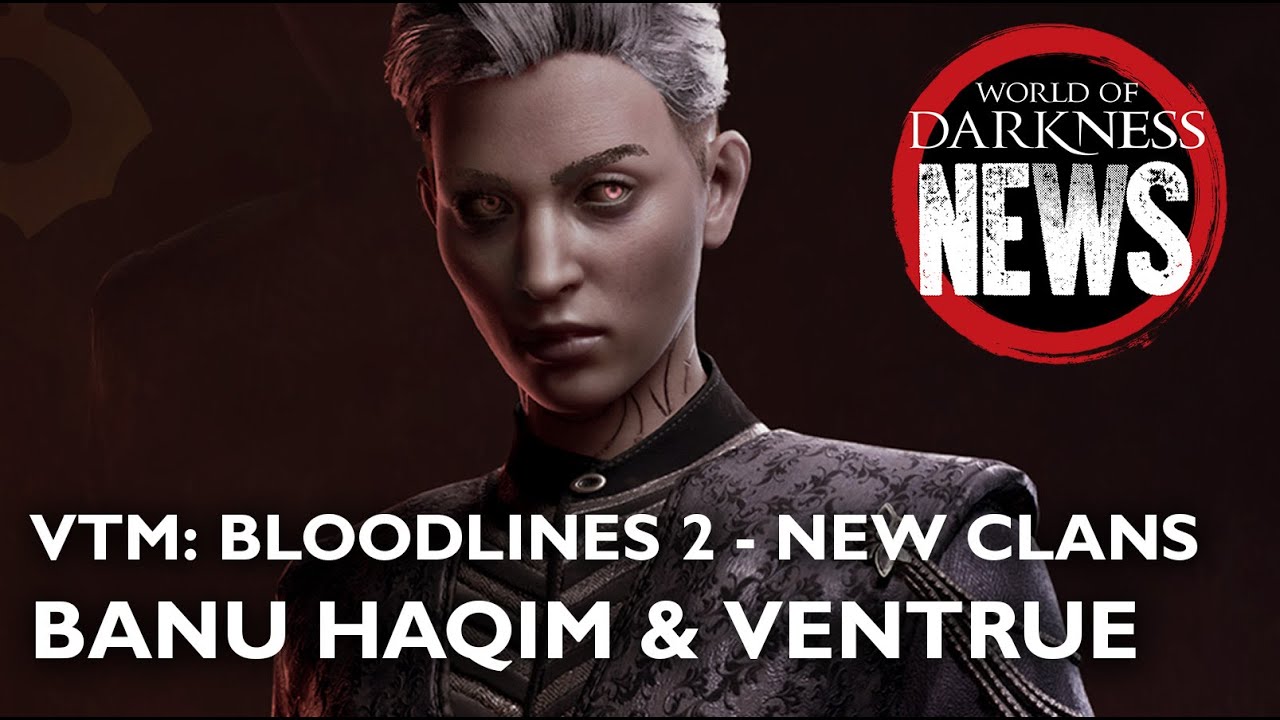
fwiw I recommend stopping watching this once he starts talking about the hostile comments. It’s just pointless drama. But the first 13 minutes are good.